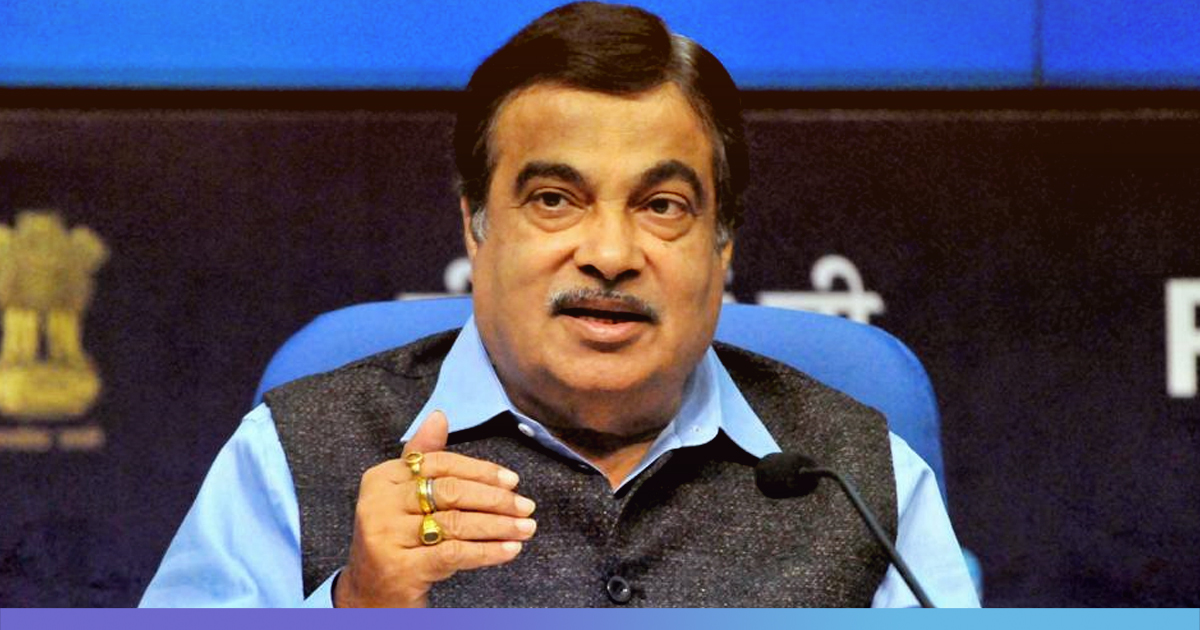IndusInd Bank adopts a smarter, faster and deeper customer engagement
strategy with an agile technology platform
 Mumbai/New Delhi : IndusInd Bank has announced its successful
integration with CRMNEXT, the leading enterprise solution provider for banks
and financial services. This integration will enable the Bank to simplify the process of customer on-boarding,
introduce new products and meet customer demands by automating and customizing
processes to fit the modern-day financial requirements.
Mumbai/New Delhi : IndusInd Bank has announced its successful
integration with CRMNEXT, the leading enterprise solution provider for banks
and financial services. This integration will enable the Bank to simplify the process of customer on-boarding,
introduce new products and meet customer demands by automating and customizing
processes to fit the modern-day financial requirements.
The CRMNEXT platform will empower IndusInd
Bank with an intelligence driven ‘Customer Action Center’ which
will provide complete information on customers acquired from multiple sources,
and make it available on a single intuitive screen. This will give the Bank a
holistic view of customer relationships across product offerings, thereby
enabling the Bank officials to build smarter relationship programs, and also
initiate activities for faster sales and service fulfilment.
The platform will be implemented across
IndusInd Bank’s wide network of nearly 2000 branches, call centers and
processing units for sales and service operations. It will also integrate and
power all digital and physical banking touch points including ATMs,
WhatsApp Banking platform, Email, SMS, Mobile apps etc. as well as over 150
integration touch points including core banking, loan systems, credit card
system, Aadhaar, credit bureaus among others.
Speaking about the integration, Mr.
Soumitra Sen, Head - Consumer Banking, IndusInd Bank, said, “Technology and
innovation have always been a critical focus area for the bank and that has
been key towards achieving customer satisfaction. In keeping with this vision,
we are delighted to integrate our banking systems with the CRMNEXT platform
which will help automate and personalize
processes, so that we can focus on meeting the unique needs of every customer
and be even more strongly able to deliver stellar user experiences across the
board.”
Talking about the integration, Mr.
Anil Rao, Head – Operations and Solution Delivery, IndusInd Bank, said, “Transitioning to a high impact digital platform
has been a massive, yet seamless experience with CRMNEXT. It will help us to
drive our digital strategies in an agile and scalable environment efficiently,
with faster fulfilment, delivering superior customer experience. Building on
the robust new customer management platform, we aim to cement our position as a
digital first bank."
Mr. Biswabrata
Chakravorty, Chief Information Officer, IndusInd Bank, said “The launch of the
next generation CRM platform is in line with IndusInd Bank’s vision to transform to a Digital Bank focussed
in providing best-in-class
banking services enabled
through innovative use of technology. The Bank has created a digital customer
experience and action platform leveraging the elasticity and resilience of the
Cloud and through a robust API led integration with all customer touch points.
This platform will provide a unified view of the customer across the
lifecycle by incorporating the principle of a golden customer profile from
lead/prospect to after sale service. This platform will be accessed by
all customer facing channels and staff, making it challenging from a
design point of view. IndusInd Bank has leveraged partnership with industry
leading platforms like CRM Next, VmWare and Amazon to deliver on this ask
and architected it for a seamless client experience.”
Mr. Sushil Tyagi, Director, CRMNEXT, said, "With the increasing
influence of digital in customers’ everyday lives, it’s critical for banking
institutions to deliver a delightful and consistent digital experience. CRMNEXT
is the leader in digital customer experience platform for banks with an
exemplary delivery track record, we are confident to further power IndusInd in
its growth strategy bringing efficiencies with large scale optimization and
smart automation."
Appended below, are some of the benefits
of the integration with CRMNXT:
· The integration will enable the Bank to anticipate customer needs well
in advance, and craft personalized offerings, thereby enhancing customer
loyalty.
· Codeless, visual digital journey designers enable personalized sales,
service offerings with significantly faster turn-around-time and lower
operational costs.
· Guided actions will help the teams at IndusInd Bank to curate their
engagement activities, and build long term relationships with stakeholders.





